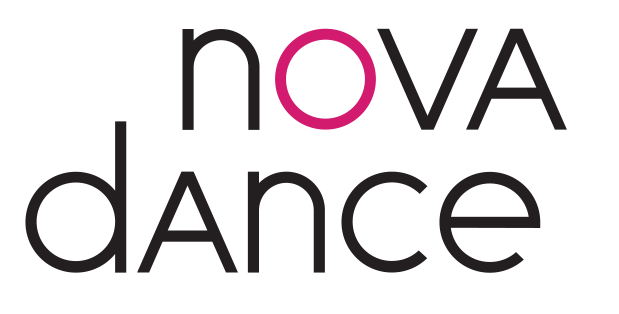Interview with Travis Knights on BHM
We spoke with tap dancer, Travis Knights, about his perspective on Black History Month in the Arts sector and how it shapes his practice
Photo credit: E.S. Cheah
“When Black people push for change, the entire scene experiences a benefit in nuanced understanding and representation.”
What does Black History Month mean for your art as it is practiced in Toronto/Canada?
Tap Dance has its roots in African American culture. As one of the vanishingly few Black Tap Dancers in Canada, BHM refocuses my attention on reminding the Black community that Tap Dance is a part of our heritage. If we engage with it, practice it, nurture it, reclaim it, not only would it dramatically change the contemporary culture within the form and the music, but it would also serve to reconnect us with valuable history that we will likely not get anywhere else.
How has your ethnic identity shaped your personal practice?
Being a Black Tap Dancer is almost central to shaping my personal practice. Everywhere I've gone to learn, rehearse, workshop and perform has been in this skin that I am hyper aware of. In Black spaces, it serves as a point of intimacy. In all other spaces, it becomes a balancing act between authority and reverence, protection and openness, between standing out and fitting in. Having said that, ultimately the DaNcE itself is a bridge between you and everyone else. It's a secret code that practitioners play with, study and communicate. No matter what you look like, if you're hittin' the right rhythm the right way, all I hear and see and experience is divinity, wonder and gratitude. So, in that way, my blackness is simultaneously surface and deep, because the connection between music and dance is sacred and essential in Afro Diasporic culture, but you need not be African for me to love and appreciate you for manifesting rhythms.
What are your observations in regard to representation within the sector?
Representation within the Canadian Tap Dance scene is at an all-time low. Of the Tap Dancers that have made the DaNcE their life and a significant part of their livelihoods, I'm one of a handful of Black Tap Dancers in the country. The cultural music inextricably linked to Tap Dance is Jazz, and a similar statistic is true for the Canadian Jazz music scene. At first or second glance, one may notice a pattern of Black culture innovating music, dance and aesthetics at a remarkable rate. Then those same cultural innovations are appropriated and divorced from their meaning. A contemporary example of this is the term 'woke'. In order to maintain our relationship to meaning in western society, it seems like we have to shift and transform language, music, dance and aesthetics in order to keep pace with the ever-encroaching cultural gentrification. The question that I am pursuing as a Black cultural practitioner is how do we maintain meaning and preserve the cultural legacies of Afro Diasporic forms? In pursuit of that question, it is perhaps very fortunate that I was born and raised in Quebec, a culture experienced in protectionist policies.
In your opinion, has the progress made by and in concerning Black artists and organizations also made a difference for other racialized groups; and how so?
When Black people push for change, the entire scene experiences a benefit in nuanced understanding and representation. This was true in the civil rights era, it is also true in the BLM era.
What does the ideal observance of BHM within the arts sector look like to you?
The ideal observance of BHM within the arts sector to me, is more resources put into black arts organizations and artists. Carter G. Woodson, the person who conceived of BHM, saw a great and destructive miseducation within the Black community. At the time in the 1920s Jim Crow Segregation era, Black children benefited from Black teachers who taught them about themselves. The government starved the segregated Black schools for resources, but the Black kids were learning from Black teachers who cared about them. Woodson was one of the first Black people to graduate from Harvard. He noticed that in white spaces, Black history and meaning was diminished, ignored, or treated as irrelevant. Negro History Week (later known as Black History Month) was a strategy from Woodson to compel libraries to include more resources for people to learn about Black history. To be clear, Woodson was serving the needs of the Black community. Post integration, the best Black teachers were poached by other schools, many Black schools were outright shut down and a critical mass of Black students were now being taught by white teachers who didn't necessarily value the humanity in the Black children they were paid to serve. What does that do to a child's knowledge of self? What about their self-worth? During BHM, I am more concerned about Black people learning their own Black history than anything else. Knowledge of self is a game changer. BHM: More resources to Black organizations.

